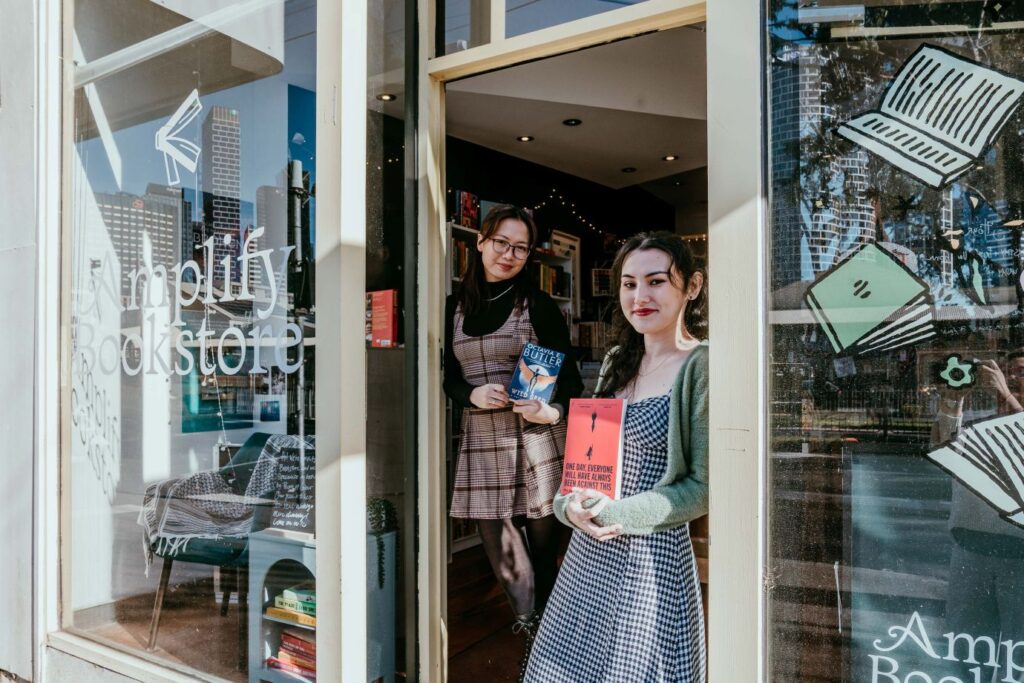
UPDATE: In a remarkable trend, women worldwide are flocking to book clubs, not just for literature but as vital spaces for connection and community. As loneliness escalates globally, these gatherings are providing a lifeline for many.
Just announced: In 2025, the rise in female participation in book clubs underscores a growing need for social interaction. According to the latest Medibank Loneliness Population Index, over half of Australians report feeling lonely each week, making social initiatives like book clubs increasingly crucial.
Melbourne’s Amplify Bookstore is at the forefront of this movement. Co-founder Xuan reveals that their monthly book club, launched in June 2025, has transformed into a vibrant community hub. “Social connection is a key part of every event,” Xuan states. With a focus on inclusivity, Amplify is Australia’s only bookstore dedicated to literature by people of color, fostering safe spaces for open dialogue.
Xuan describes the heartwarming moments when attendees exchange contact information, forming bonds that extend beyond the reading room. “It’s beautiful to see friendships blossom,” she adds. The bookstore provides non-alcoholic refreshments, catering to a diverse group of participants, including those who are sober or sober-curious.
Meanwhile, The Cookbook Club in Sydney, founded by Mika Nakamura, offers a “no pressure” environment where young women can connect over shared meals. Participants bring dishes inspired by a selected cookbook, creating an atmosphere ripe for conversation. “The Cookbook Club was initially a way for me to make friends,” Nakamura shares.
This communal dining experience not only satisfies culinary creativity but also nurtures authentic friendships. “It’s a beautiful way to help people form genuine friendships and feel part of something bigger,” she explains.
Meanwhile, in the UK, Erin Woodward of the Gloss Book Club emphasizes the importance of connection, especially for women in new cities. After moving to London, Woodward struggled to find community until she created her own book club in 2008. Now, this global network spans cities like Sydney and Melbourne, bringing together women for meaningful discussions.
“The book has always been that olive branch,” Woodward asserts, noting that shared literary experiences often lead to deeper conversations and friendships. “It helps women step outside their comfort zones in an increasingly digital world.”
As these book clubs grow in popularity, the emotional impacts are significant. The World Health Organization underscores the importance of social connections for better health and longevity. With loneliness emerging as a pressing public health issue, these book clubs are not just about reading; they are critical for fostering community.
What’s next? As more women seek out these enriching experiences, the trend is likely to continue. Book clubs will remain essential in combating loneliness, creating safe spaces for discussion, and facilitating genuine friendships.
In a world that increasingly feels disconnected, the revival of book clubs is a powerful reminder of the importance of community and companionship. As Xuan, Nakamura, and Woodward demonstrate, these gatherings are about much more than books; they are about building connections that last a lifetime.





